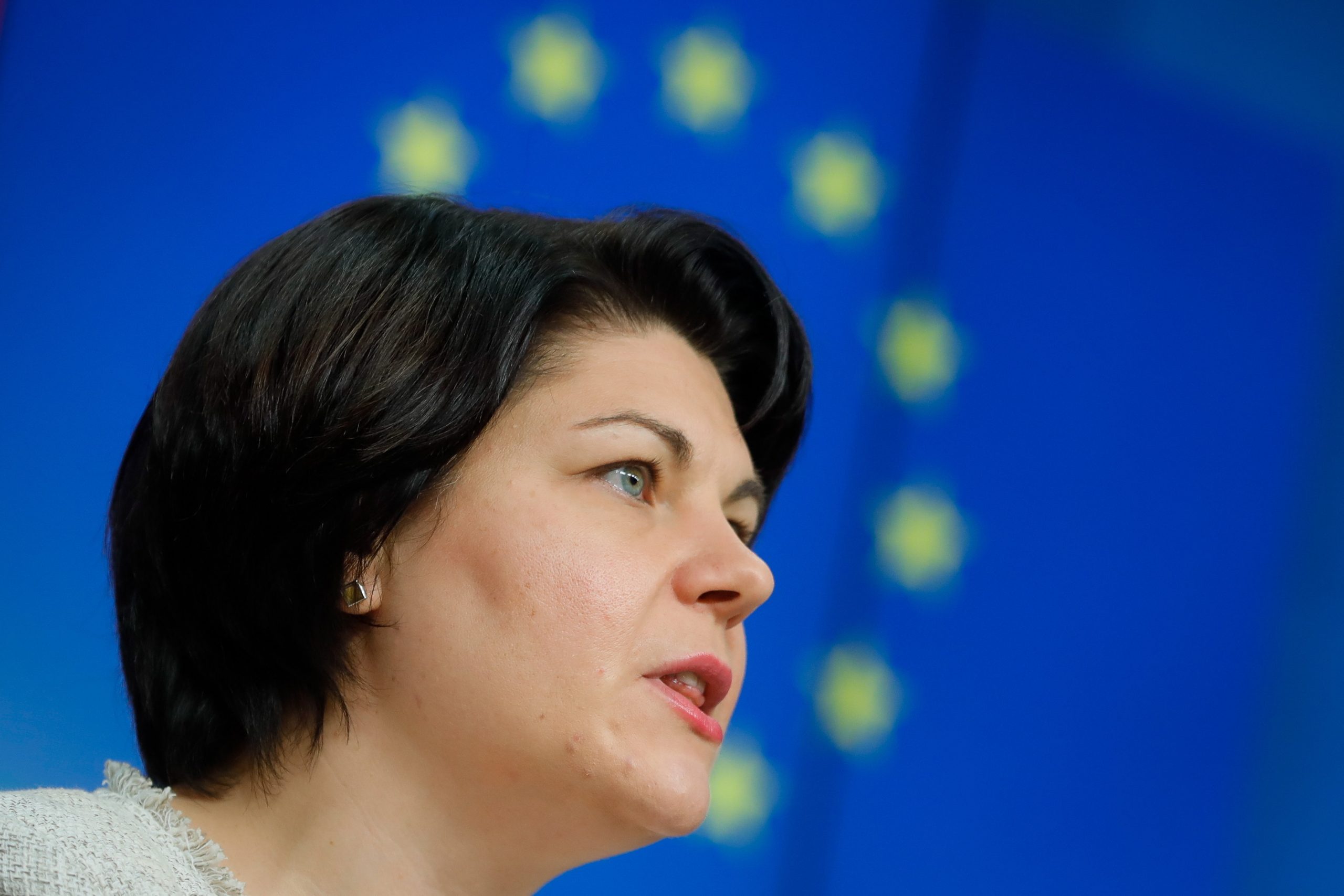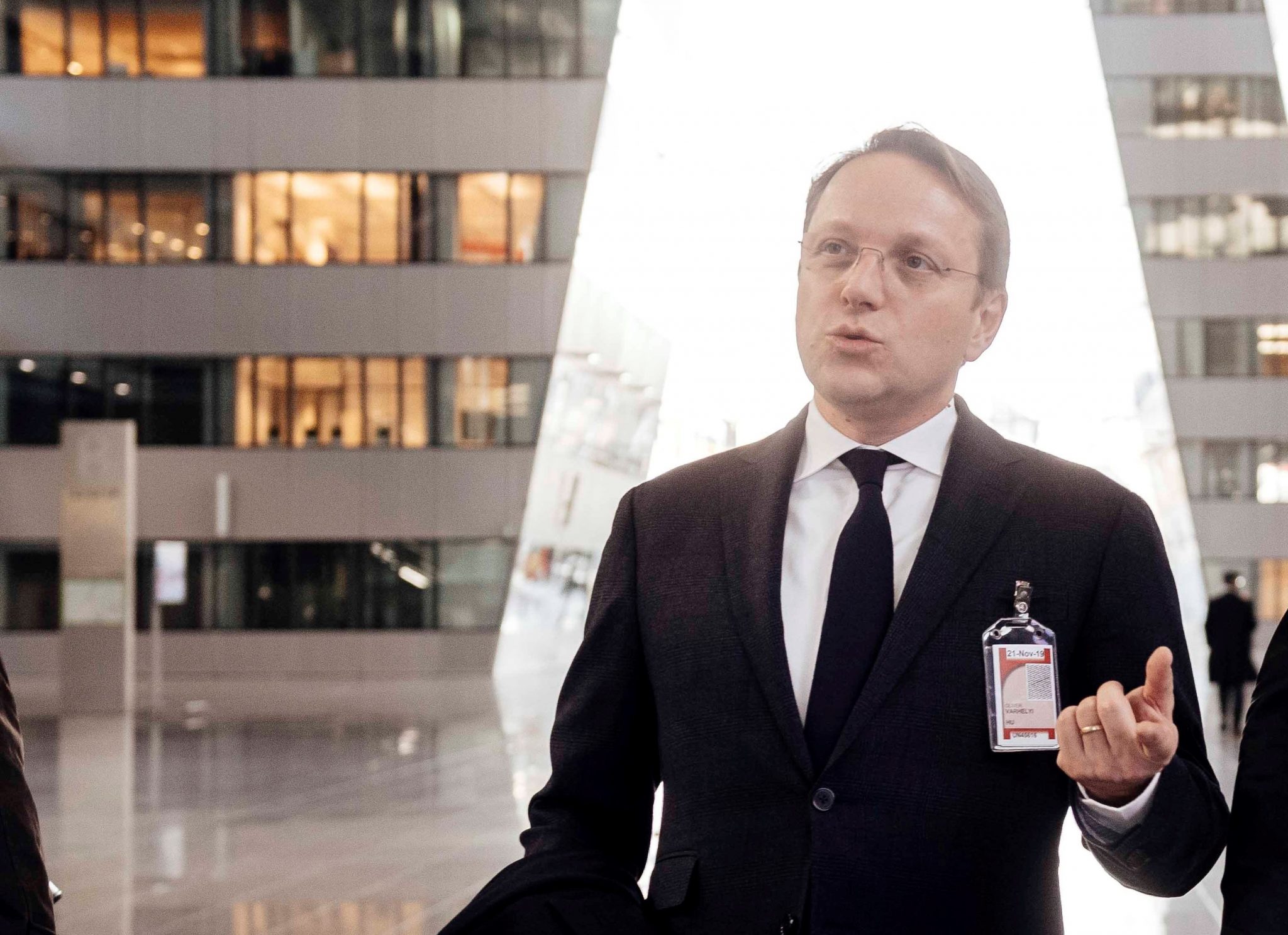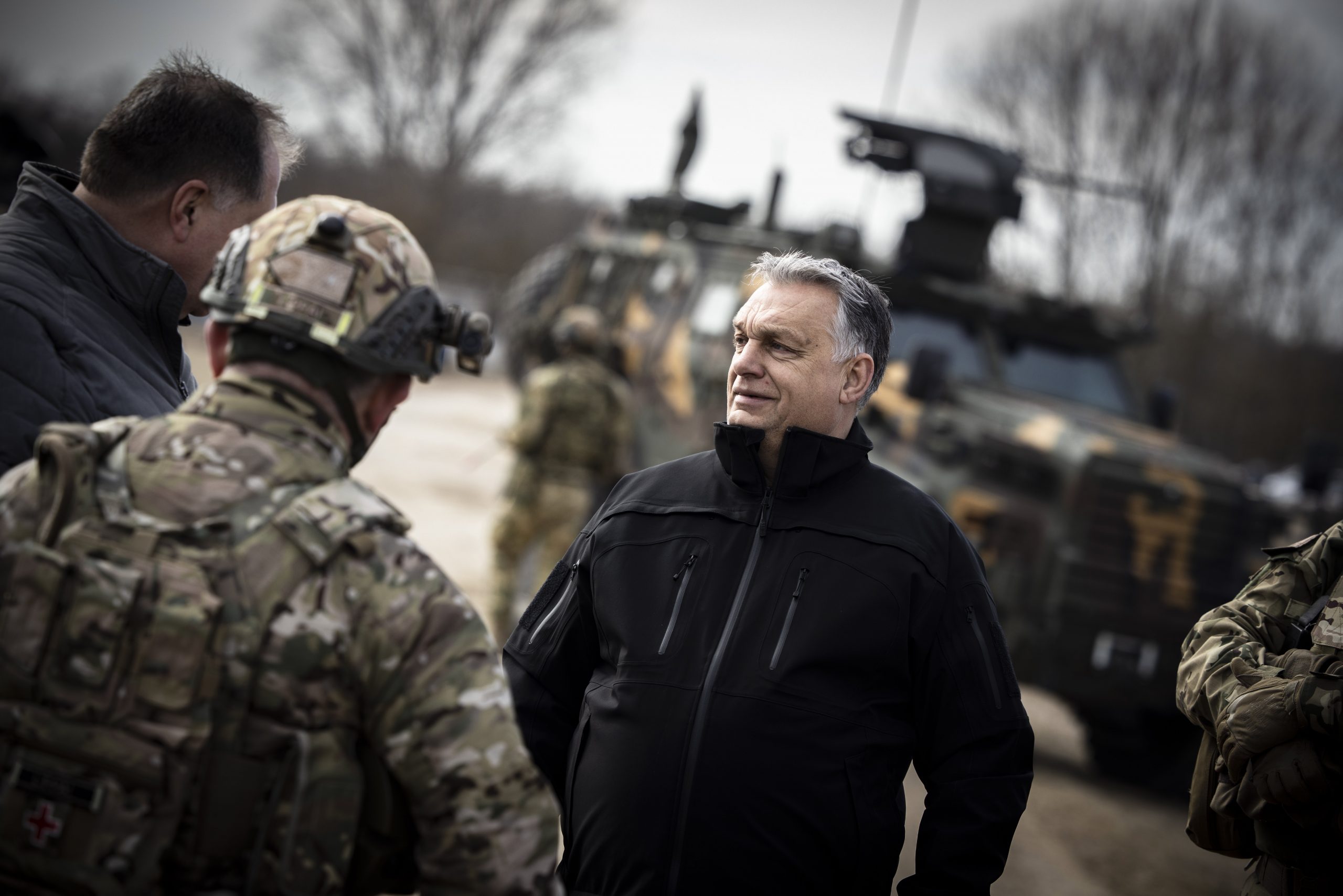
Enlargement policy is a very important dimension of the European Union for Hungary, as instability is possible at Hungary’s external borders, in regions where peace, security, and prosperity remain a challenge, Olivér Várhelyi, the EU Commissioner for Neighborhood Policy and Enlargement, said in Brussels on Wednesday. On Thursday, Prime Minister Viktor Orbán also discussed Moldova’s European integration with his Moldovan counterpart, Natalia Gavrilita, Bertalan Havasi, Deputy State Secretary in charge of the Prime Minister’s Press Office, told MTI.
In his opening speech at the conference on EU enlargement and its economic implications, organized by the Hungarian Economic Club in Brussels, Olivér Várhelyi said that Ukraine, Georgia, and Moldova, among others, have reacted to the Russian invasion of Ukraine by applying for EU membership.
These countries see peace, prosperity, and security for themselves in the EU. Europe must show that this is the case,”
he added and also stressed that “This is a matter for EU Member States to decide, the European Commission can support applications, but it all depends on the political will of the member states.” He said that the question remains of what will generate the will that eventually leads to enlargement.
After the conference, Várhelyi said that the European Commission will give its opinion on the accession applications of Ukraine, Georgia, and Moldova on Friday, making proposals to the three countries. In response to a question, he said that in order to become a candidate country and to start accession negotiations, the candidate countries must fully meet the Copenhagen criteria.
Related article
Commissioner Várhelyi: EU Enlargement Policy Crucial Dimension for Hungary
Referring to recent applications by Ukraine, Georgia, and Moldova to join the EU, the commissioner said that "these countries see the EU as a place where they could find peace, prosperity, and security," adding that the bloc should give them that opportunity. Continue reading
According to the EU Commissioner, the three countries’ applications for accession could give a positive boost to the enlargement process in the Western Balkans. He said the region has been waiting for progress for a long time, with the case of northern Macedonia, for example, stalled by an internal political dispute with Bulgaria, which devalues the EU’s role in the process. He also added that the war in Ukraine has reshaped political thinking, and hopefully some of the secondary aspects of the accession process will be put on the back burner.
As Bertalan Havasi, Deputy State Secretary in charge of the Prime Minister’s Press Office told MTI on Thursday, Prime Minister Viktor Orbán discussed the war in Ukraine and also Moldova’s European integration with Natalia Gavrilita and Havasi himself.
Related article
PM Orbán Also Listed as “Enemy of Ukraine”
Tens of thousands of people are already on the list of far-right Ukrainian website 'Mirotvorets.' In addition to names, the "Enemies of Ukraine" page also contains sensitive personal data.Continue reading
Aside from reviewing the situation in Ukraine, in particular, the refugee crisis (as both countries are neighbors of Ukraine), in which hundreds of thousands of refugees fleeing the war are being assisted by Moldova and Hungary, Orbán welcomed the Moldovan government’s plan to grant the country candidate status for EU membership. Hungary will support Moldova’s EU integration throughout the process leading to membership, the press chief said.
He added that Natalia Gavrilita and Viktor Orbán praised the historic relations between the two countries and supported the further strengthening of bilateral economic and educational cooperation.
Source: MTI
Featured image: Moldovan Prime Minister Natalia Gavrilita during a press conference with Josep Borrell, High Representative of the European Union for Foreign Affairs and Security Policy, after the EU-Moldova Association Council meeting in Brussels, October 28, 2021. Photo by Stephanie Lecocq/MTI/EPA


